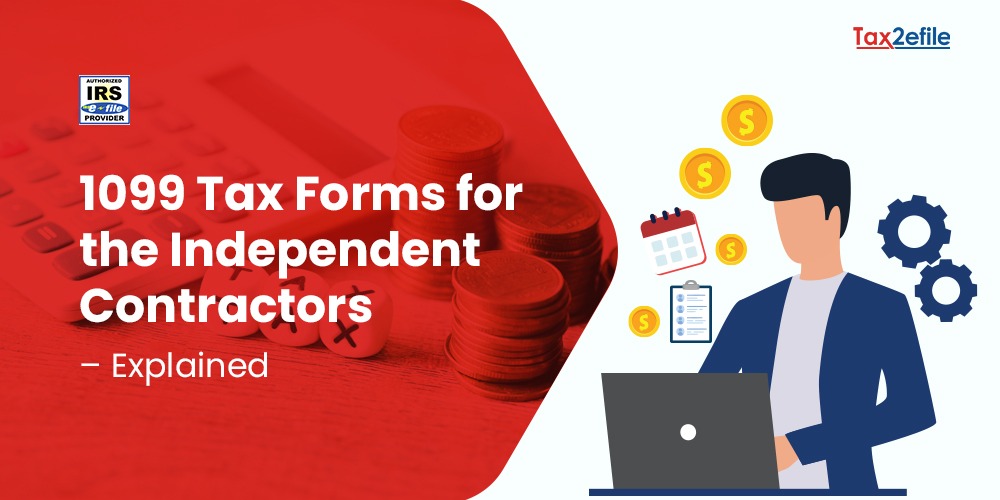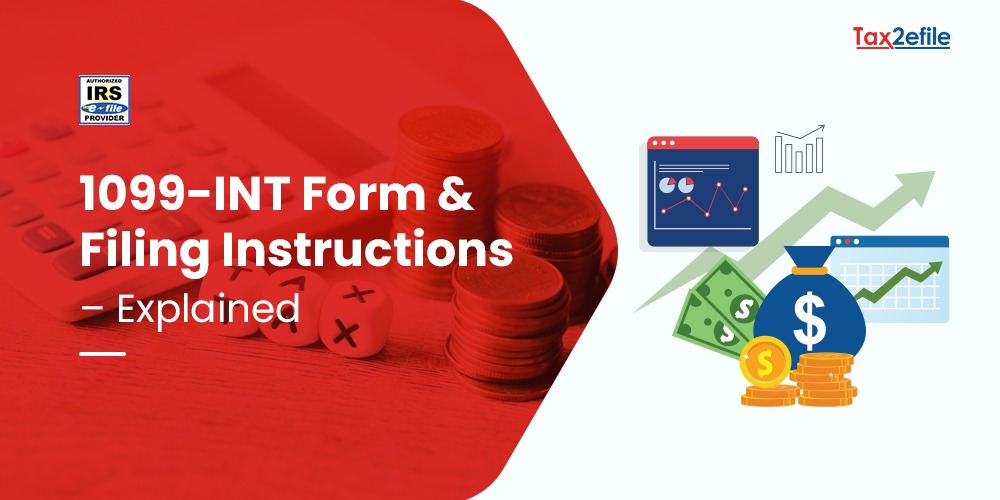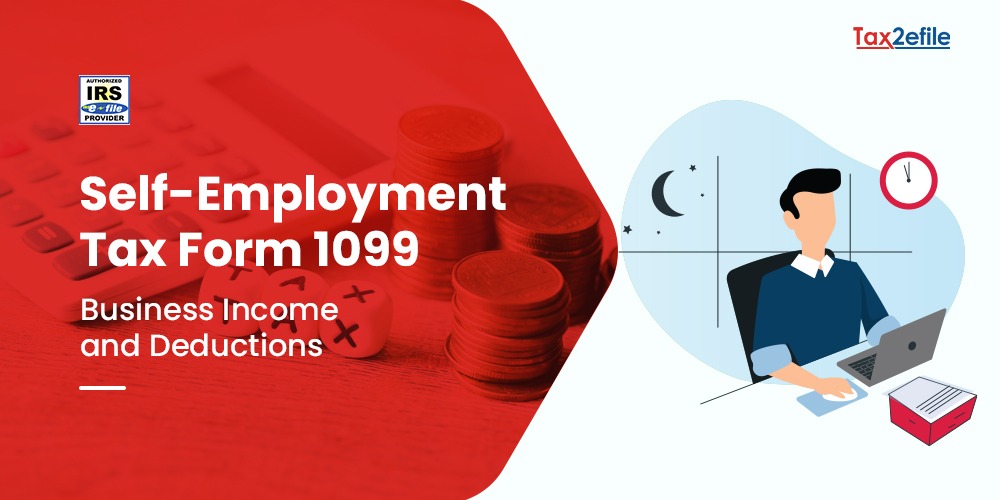- February 9, 2015

The multifaceted IRS form 1099 happened to be one of the IRS’s important mirrors in its ongoing effort to showcase the defaulters as the main part of the income tax return program so as to prevent potential taxpayers from underreporting or misreporting their income. An “information return” can be taken as not a tax return according to the experienced tax professional serving the IRS. But as an alternative, it is a form 1099 that provides the IRS with information about a financial transaction made by businesses and trade with to and for impact involving one-to-one or a group to-one or vice-versa. Most of the tax information returns needed to be reported to the IRS’ determinable as taxable income but which is not considered towards salary and wages earnings under w-2 and or not withheld. The person or entity that paid you is required to file Form 1099 with the IRS and give you a copy.
IRS robust-built computers have the ability to automatically check the amounts on the information returns with the concerned Social Security Numbers that stick to the income that the agency received against the income reported on your return. If you’ve reported less income than shown in the information return, you can expect a letter demanding payment of extra taxes, interest, and penalties.
IRS income tax return program works well with the required information that they seek information all through at all times. As per IRS News Information, the IRS has received over 2.23 billion information returns. Its automated underreported program contacted over 4.5 million taxpayers using the information on these returns. These contacts with the respondents have resulted in additional tax assessments of $7,112,605,000 (the year 2012).

Src: Flickr
There are various types of information returns that IRS is determined to seek and achieve. Each type is used to report a different type of payment or transaction. Most information returns fall within the 1099 series of forms. Here’s a list:
1099-A, Acquisition or Abandonment of Secured Property
1099-B, Proceeds From Broker and Barter Exchange Transactions
1099-C, Cancellation of Debt
1099-CAP, Changes in Corporate Control and Capital Structure
1099-DIV, Dividends and Distributions
1099-G, Certain Government Payments
1099-H, Health Coverage Tax Credit (HCTC) Advance Payments
1099-INT, Interest Income
1099-K, Merchant Card and Third Party Network Payments
1099-LTC, Long-Term Care and Accelerated Death Benefits
1099-MISC, Miscellaneous Income
1099-OID, Original Issue Discount
1099-PATR, Taxable Distributions Received From Cooperatives
1099-Q, Payments from Qualified Education Programs (Under Sections 529 and 530)
1099-R, Distributions from Pensions, Annuities, Retirement or Profit-Sharing Plans, IRAs, Insurance Contracts, etc.
1099-SA, Distributions from an HSA, Archer MSA, or Medicare Advantage MSA
It is fortunate that the majority of taxpayers have to deal with only receiving a few of these different forms. These include:
Form 1099-INT
USA financial institutions are required to file this form if they pay you more than $10 in interest during the year.
b
This form must be filed if you own stock or other securities and receive over $10 in distributions, such as dividends, capital gain distributions, or nontaxable distributions, that were paid on stock and liquidation distributions.
1099-MISC
This form must be filed by a client who pays an independent contractor at least $600 for professional services during the year.
1099-K
This form must be filed if you have a business and have at least 200 transactions and at least $20,000 in sales during the year that are processed by third-party payment processors such as PayPal and Google Checkout. This form is also issued as by credit card payment processors.
1099-B
Brokers or mutual fund companies must file this form when you sell stock. It shows the amount and date of the sale and provides cost-basis information.
1099-G
This form is used to report unemployment compensation, state and local income tax refunds, agricultural payments, and taxable grants.
1099-R
This is the form filed when you get a distribution from a retirement plan, such as an IRS, Roth IRA, or 401(k) plan.
You have to ensure keeping up with all information returns that you receive and be saved for your financial safety and protection. Most of these forms of 1099 are not required to be filed with your tax return, but there are some exceptions like form 1099-MISC, 1099-K, and 1099-INT which need to be filed in a number of cases. The information returns concerning IRS form 1099 in many cases and situations can be consulted with a good tax professional to have first-hand advice on how to move forward with your successful income tax e-filing without any apprehension.
Tax2efile is a trusted IRS-authorized tax partner for all your safe and secure e-filing needs towards Form 1099. For any of your queries relating to tax form 1099 to be answered we are here to serve you.


